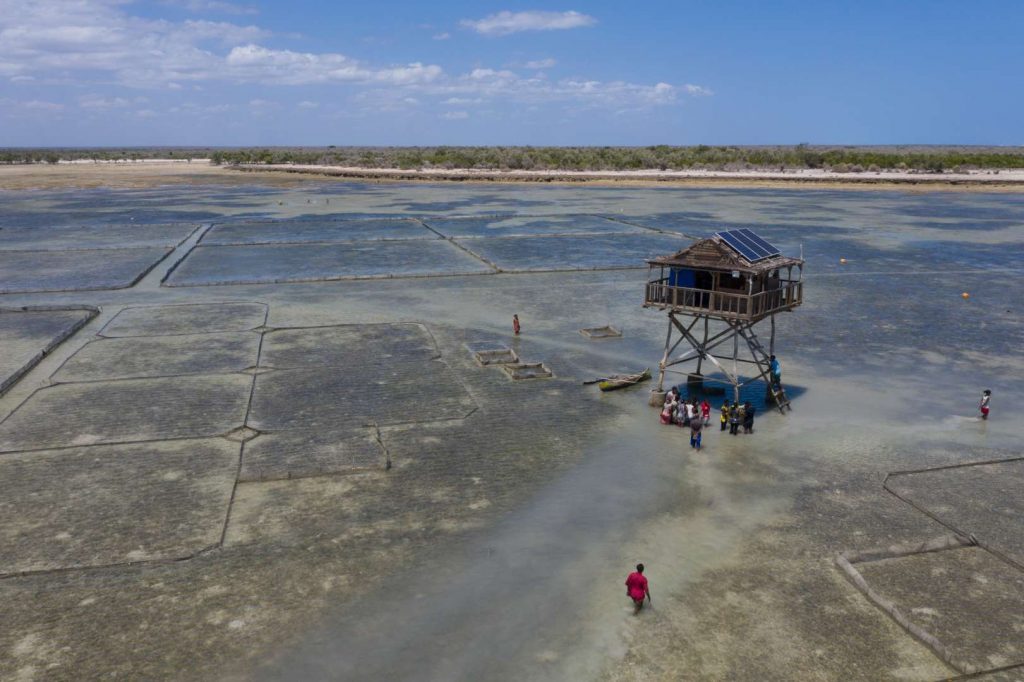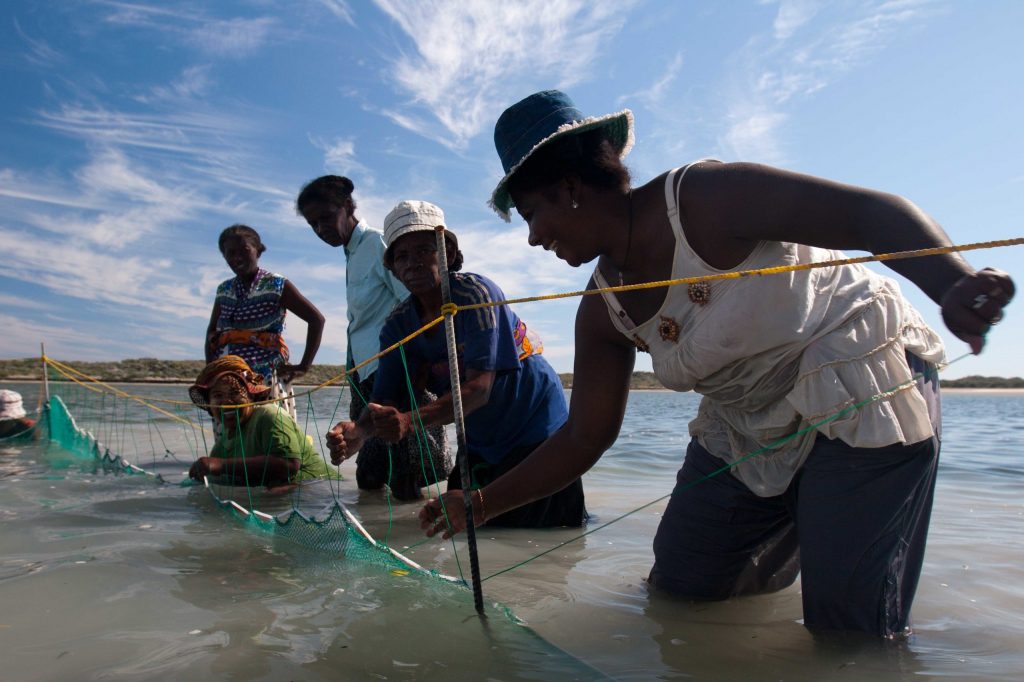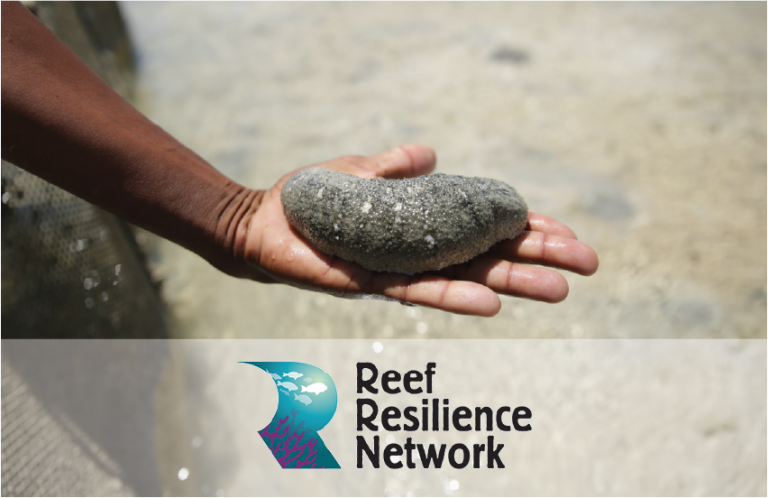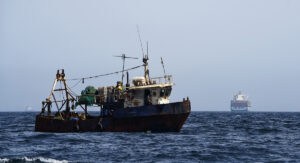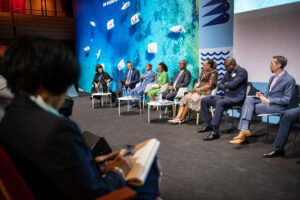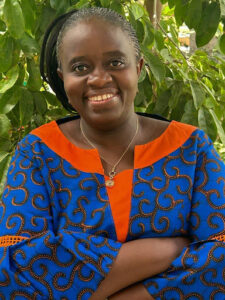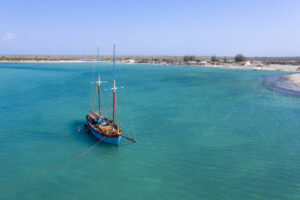In a study recently published by the Reef Resilience Network, Hery Razafimamonjiraibe, Blue Ventures’ National Aquaculture Programme Lead in Madagascar, outlines our sea cucumber farming initiatives in Tampolove and Ambolimoke in southwest Madagascar, and discusses the successes and key lessons learned.
In partnership with Indian Ocean Trepang (IOT) and The Royal Norwegian Society for Development (Norges Vel), Blue Ventures has been supporting sea cucumber farming (a form of aquaculture) as an alternative livelihood for fishing communities in southwest Madagascar, who are some of the poorest and most isolated people in the country. The aim of the programme is to supplement unstable fishing incomes, increase food security and build resilience to climate change.
Hery’s study follows the journey of Blue Ventures’ aquaculture programme, from its pilot in 2007, through the various obstacles along the way (namely cyclone Haruna in 2013 and various disease outbreaks), to its current state of standardised farm sizes, effective local governance systems and sustainable incomes for farmers.
Since its infancy, our aquaculture project in southwest Madagascar has expanded to over 40 farms between two main sites – Tampolove and Ambolimoke – employing 162 farmers, with 59% of them women. The net income from sea cucumber sales has increased each year (with the exception of cyclone Haruna in 2013), with farmers developing new techniques and gaining more knowledge and experience with each harvest.
Despite this success, the study acknowledges the challenges of establishing alternative livelihoods for communities experiencing difficult living, financial, environmental and political conditions. Successful projects require a holistic approach and effective collaboration between NGOs, communities and commercial partners in equal measure.
Hery’s study offers Blue Ventures’ learnings of our aquaculture programme and provides helpful recommendations to others who may be considering a similar route in order to bolster the resilience of fisher communities across the coastal tropics.
Read the full study ‘Farmers of the Sea’
Learn more about our aquaculture work
En français:
Paysans de la mer
Dans une étude récemment publiée par le Reef Resilience Network, Hery Razafimamonjiraibe, responsable national de Blue Ventures pour l’aquaculture à Madagascar, décrit nos initiatives d’élevage de concombres de mer à Tampolove et Ambolimoke, dans le sud-ouest du pays, et présente les succès et les principales leçons tirées.
En partenariat avec Indian Ocean Trepang (IOT) et la Société royale norvégienne pour le développement (Norges Vel), Blue Ventures a apporté son appui à la culture des concombres de mer (une forme d’aquaculture) comme moyen de subsistance alternatif pour les communautés de pêcheurs du sud-ouest de Madagascar, qui sont parmi les plus pauvres et les plus isolées du pays. L’objectif du programme est de suppléer aux revenus irréguliers de la pêche, d’accroître la sécurité alimentaire et de renforcer la résilience au changement climatique.
L’étude réalisée par Hery suit le parcours du programme d’aquaculture de Blue Ventures, de son projet pilote en 2007, en passant par les différents obstacles survenus en cours de route (à savoir le cyclone Haruna en 2013 et les diverses épidémies), jusqu’à son stade actuel, avec des exploitations de taille standardisée, des systèmes de gouvernance locale efficaces et des revenus durables pour les agriculteurs.
Depuis sa création, le projet d’aquaculture de Blue Ventures dans le sud-ouest de Madagascar est passé à plus de 40 fermes réparties entre deux grands sites – Tampolove et Ambolimoke – employant 162 fermiers, dont 59% de femmes. Le revenu net des ventes de concombres de mer a augmenté chaque année (à l’exception de 2013, l’année du cyclone Haruna), au fur et à mesure que les agriculteurs développaient de nouvelles techniques et acquéraient plus de connaissances et d’expérience à chaque récolte.
Malgré ce succès, l’étude reconnaît les défis que représente la mise en place de moyens de subsistance alternatifs pour les communautés vivant dans des conditions de vie, financières, environnementales et politiques difficiles. La réussite de tels projets exige une approche holistique et une collaboration efficace et équitable entre les ONG, les communautés et les partenaires commerciaux.
L’étude de Hery expose ainsi les apprentissages de Blue Ventures concernant son programme d’aquaculture – apprentissages souvent impossible à publier dans ce secteur en raison de problèmes de confidentialité – et fournit des recommandations utiles à tous ceux qui envisagent de se lancer dans une voie similaire afin de renforcer la résilience des communautés de pêcheurs dans les zones tropicales côtières.
Lire l’étude complète “Farmers of the Sea” (en anglais)
En savoir plus sur notre travail dans le domaine de l’aquaculture

